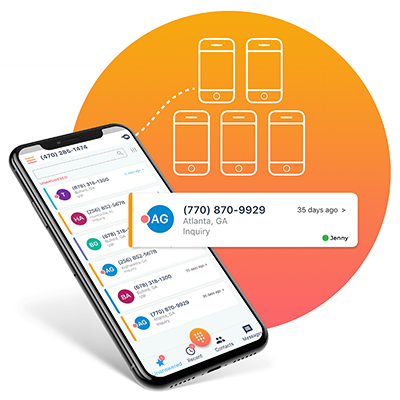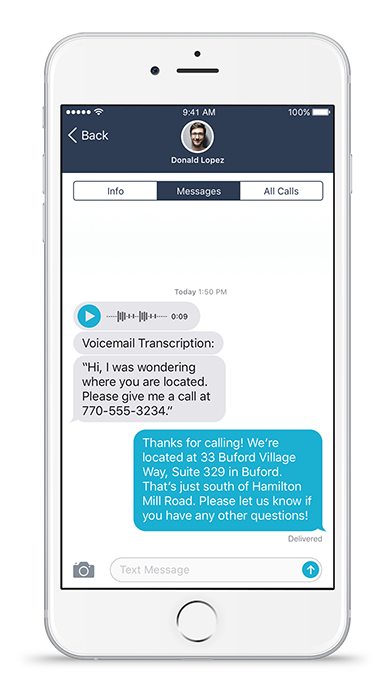Richmond, Virginia - Facts & Figures
The site of Richmond had been an important village of the Powhatan Confederacy and was briefly settled by English colonists from Jamestown in 1609 and in 1610–1611. The present city of Richmond was founded in 1737. It became the capital of the Colony and Dominion of Virginia in 1780, replacing Williamsburg. During the Revolutionary War period, several notable events occurred in the city, including Patrick Henry's "Give me liberty or give me death" speech in 1775 at St. John's Church, and the passage of the Virginia Statute for Religious Freedom written by Thomas Jefferson. During the American Civil War, Richmond served as the second and permanent capital of the Confederate States of America. The city entered the 20th century with one of the world's first successful electric streetcar systems.
The Jackson Ward neighborhood is a national hub of African-American commerce and culture. Richmond's economy is primarily driven by law, finance, and government, with federal, state and local governmental agencies, as well as notable legal and banking firms, located in the downtown area. The city is home to both the U.S. Court of Appeals for the Fourth Circuit, one of 13 U.S. courts of appeals, and the Federal Reserve Bank of Richmond, one of 12 Federal Reserve Banks. Dominion Resources and WestRock, Fortune 500 companies, are headquartered in the city, with others in the metropolitan area.
Helpful links & resources:
- Population: 223,170
- Industries: Bio-Science, Technology, Financial Services
- Area Codes: 804
- ZIP Codes: 23173, 23218–23242, 23249–23250, 23255, 23260–23261, 23269, 23273–23274, 23276, 23278–23279, 23282, 23284–23286, 23288–23295, 23297–23298
- Surrounding Cities: Portsmouth, VA , Norfolk, VA , Newport News, VA , Suffolk, VA , Virginia Beach, VA, Hampton, VA








